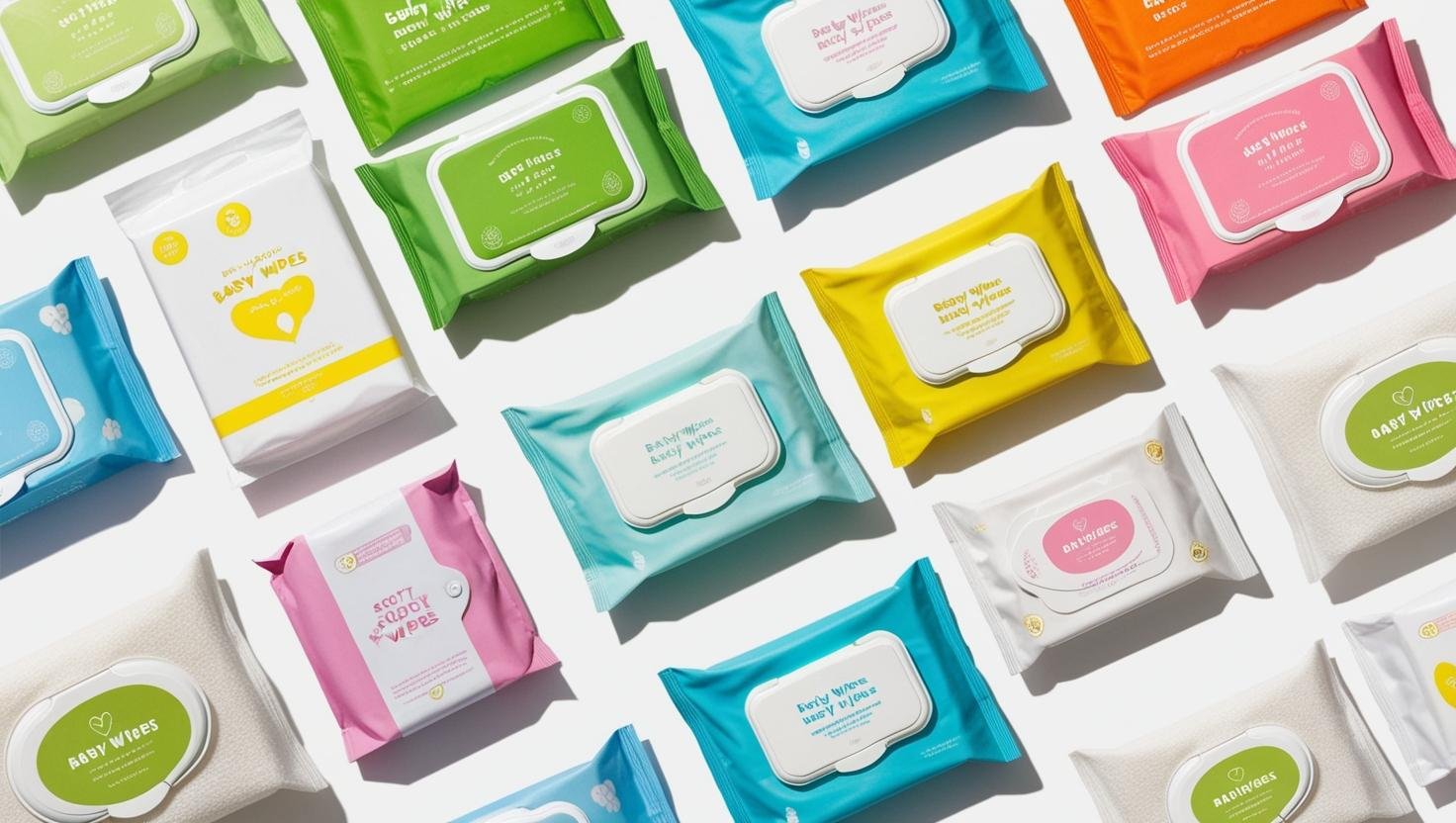When you’re a parent or caregiver, baby wipes are probably one of your best friends. They’re easy to carry around, gentle on a baby’s skin, and perfect for quick cleanups. But have you ever wondered — do baby wipes actually disinfect surfaces? Or are they just good for wiping away messes? Let’s dive in.
What Are Baby Wipes Made For?
Baby wipes are designed primarily to clean delicate skin. They’re made with soft, non-abrasive materials and a gentle formula to avoid irritating your baby’s sensitive skin. Most baby wipes contain water, mild cleansers, and sometimes soothing agents like aloe vera.
Their main job is to clean, not to kill germs. And there’s a big difference between those two things.
Do Baby Wipes Kill Germs?
Here’s the short answer: No, baby wipes do not disinfect. They may remove visible dirt, but they don’t kill bacteria, viruses, or other harmful microorganisms.
If you’re cleaning a high-contact surface like a shopping cart handle or your phone screen, a disinfecting wipe is your best bet. Baby wipes just aren’t formulated to kill the germs that cause illnesses.

My Personal Experience
I remember a time when I ran out of disinfecting wipes during a family road trip. My toddler had managed to turn a pristine car seat into a sticky mess (the joys of snack time on the road!). All I had was a pack of baby wipes in the diaper bag. They did a great job cleaning the mess, but I knew they weren’t disinfecting the area.
I found myself thinking, “Will this be enough to keep things germ-free?” The answer, unfortunately, was no. Later that evening, I stocked up on proper disinfectant wipes at a local store — lesson learned!
Why Baby Wipes Aren’t Enough for Disinfection
Most baby wipes don’t contain alcohol or strong disinfectants because those ingredients can irritate sensitive skin. This makes them gentle and safe for babies but ineffective for killing germs.
When Can You Use Baby Wipes?
Even though they don’t disinfect, baby wipes are still incredibly useful. Here are a few scenarios where they come in handy:
- Cleaning sticky hands and faces
- Wiping down toys after playtime
- Freshening up on the go
- Tackling small spills
They’re great for cleaning but not for disinfecting — and that’s an important distinction.
If You Need to Disinfect, Here’s What You Should Do
If you’re looking for a solution to kill germs effectively, try these alternatives:
- Disinfecting Wipes: Look for brands that specifically mention they kill 99.9% of germs.
- DIY Solution: A mixture of water and household bleach (follow CDC guidelines) can be an effective disinfectant.
- Alcohol Wipes: Wipes with at least 70% alcohol are effective against many germs.

For Parents Concerned About Safety
If you’re hesitant to use harsh chemicals around your child, there are baby-safe disinfectant sprays and wipes available in the market. These are usually plant-based and safer for use on toys and high-contact surfaces.
Baby wipes are a lifesaver for parents — but they aren’t a disinfectant. They’ll help you manage sticky situations but won’t protect your family from germs. Knowing when to use them and when to switch to a proper disinfectant is key.
So the next time you’re cleaning up after your little one, ask yourself: Is it time to wipe or disinfect? The right tool for the job can make all the difference.

